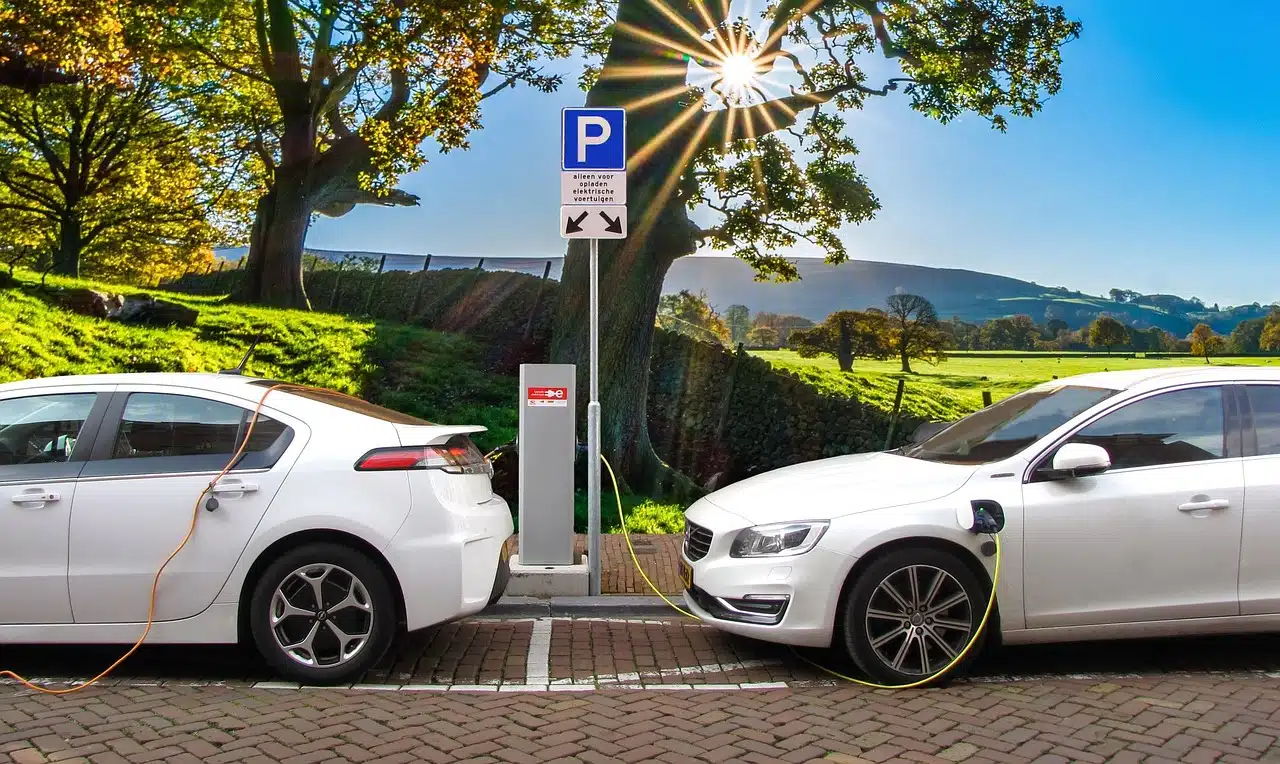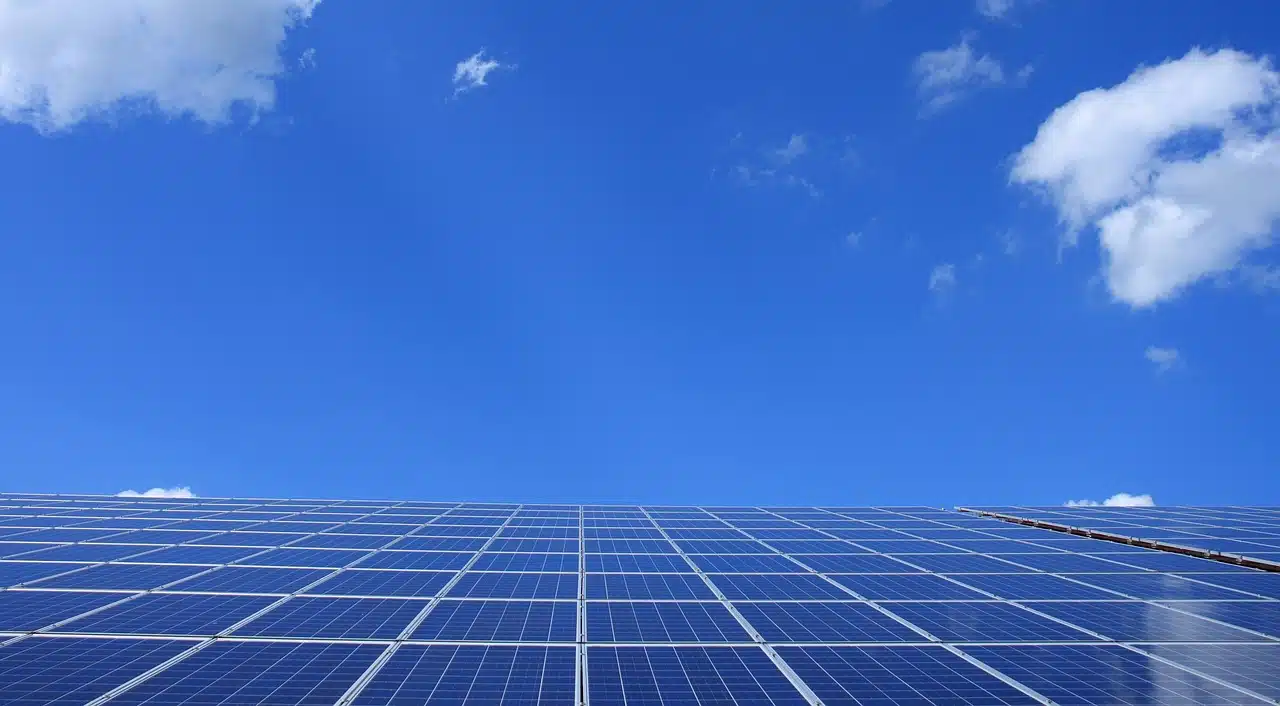The Chinese EV producers have been aggressively expanding their footprint across Africa, leveraging competitive pricing, technological advancements, and strategic partnerships.
The African energy and transportation sectors are undergoing a quick shift as electric vehicle (EV) adoption gains momentum.
With Nigeria and other African nations targeting zero-emission vehicle sales by 2040, the continent is becoming a new frontier for global EV manufacturers.
Chinese automakers, such as Guangzhou Automobile Group Co., Ltd (GAC Group) and BYD, are aggressively entering African markets, raising concerns about their potential to disrupt local players.
The incoming could reshape the competitive landscape for African manufacturers or set the new standard for EV adoption.
Chinese EV producers expand into Africa
Chinese automakers are making significant inroads into Africa.
Guangzhou Automobile Group Co., Ltd (GAC Group) introduced two EV models to the Ethiopian market at a brand launch event in Addis Ababa, marking its entry into East Africa, as reported by Xinhua.
“The Ethiopian government has already banned the production, import, and assembly of gas-powered cars, so Ethiopia would be an ideal market for reputable companies like GAC Group,” said Zeleke Temesgen, commissioner of the Ethiopian Investment Commission.
Wei Haigang, President of GAC International, on his part, affirmed Ethiopia’s favorable investment potential.
“Ethiopia stands out as one of our key strategic markets in Africa, particularly in East Africa. The Ethiopian government’s strong emphasis on electric vehicles and green mobility is a significant factor in our decision to enter this market,” he added.
The Chinese Ambassador to Nigeria, Yu Dunhai, confirmed the need for further collaboration between the two countries to support Nigeria’s solid minerals potential, a major component in EV battery production, and to propel Nigeria’s industrial growth.
This new development was made known during a courtesy visit to Dr. Dele Alake, Minister of Solid Minerals Development.
China’s dominance in the global EV market, controlling over 62% of sales in 2024 according to Rho Motion, could provide a strong foundation for its African expansion.
In the first quarter of 2025, Chinese consumers purchased 2.4 million electrified vehicles, a 36% increase from the previous year, according to HT Auto.
This scale allows Chinese manufacturers to export cost-effective EVs to Africa, posing a challenge to local producers or presenting an opportunity for growth.
Price competition poses a challenge for local players
Local EV manufacturers in Nigeria, such as Spiro and Afrigreen Automobile, will face intense price competition from Chinese firms.
Nigeria currently has an estimated 15,000 to 20,000 EVs on its roads, with local companies like Spiro shipping 22,000 electric bikes.
On the other hand, electric vehicles (EVs) in Nigeria remain financially out of reach for most consumers due to their high upfront costs.
However, Chinese EVs, benefiting from economies of scale and subsidized production, are often priced lower than locally produced vehicles.
For instance, GAC’s models in Ethiopia are marketed as affordable alternatives, undercutting local players like Kenya’s Mobius Motors, which Silver Box recently acquired to revive production by December 2025.
Zeleke Temesgen, commissioner of the Ethiopian Investment Commission, noted at the GAC launch that Chinese investments could boost local economies but also risk overshadowing domestic manufacturers.
The price advantage of Chinese EVs could erode market share for local firms, which often lack the capital and infrastructure to compete on cost.
In Nigeria, the projected 6.8% compound annual growth rate (CAGR) for the EV market from 2025 to 2031, according to 6Wresearch, may primarily benefit foreign players if local firms cannot scale production efficiently.
How technology affects local producers over Chinese EV producers
Chinese automakers have an edge in technology and supply chain control.
China dominates global EV battery production, with firms like CATL forecasting that half of China’s heavy truck sales could be EVs by 2028.
This supply chain dominance extends to critical minerals like lithium, where Chinese firms control much of the Democratic Republic of Congo’s reserves, according to a BBC report.
Local African manufacturers, in contrast, rely heavily on imported components, increasing production costs and limiting innovation.
In Kenya, for instance, Afrigreen Automobile’s $20 million deal with Chinese manufacturer Chery to produce 5,000–6,000 EVs annually provides a hybrid approach but also shows dependence on foreign technology.
Experts emphasized that African manufacturers must invest in local R&D to remain competitive.
Without such investments, local firms risk becoming assemblers of Chinese components rather than innovators, stifling the development of a robust African EV ecosystem.
The impact on the African transportation sector
The influx of Chinese EVs increases demand for charging infrastructure, which remains underdeveloped in Africa.
South Africa has made strides, introducing a 150% tax deduction for EV manufacturers in January 2025 to attract investment in charging networks.
However, Nigeria lags, with its grid struggling to meet existing demand.
Chinese firms, with their experience in building charging networks, could fill this gap, but may prioritize their own ecosystems, sidelining local providers.
This could limit opportunities for African energy companies to develop homegrown charging solutions, further entrenching foreign dominance.
How can local players compete
The local players can compete when they adopt strategic measures.
First, governments can incentivize local R&D through grants and tax breaks, as South Africa has done.
Secondly, partnerships with Chinese firms, like Kenya’s Afrigreen-Chery deal, can facilitate technology transfer if structured to prioritize local innovation.
Meanwhile, Kenya made plans to install 45 electric vehicle (EV) charging stations across six counties in the country within one year.
Finally, investing in renewable energy and charging infrastructure can create a holistic ecosystem, reducing reliance on foreign supply chains.







